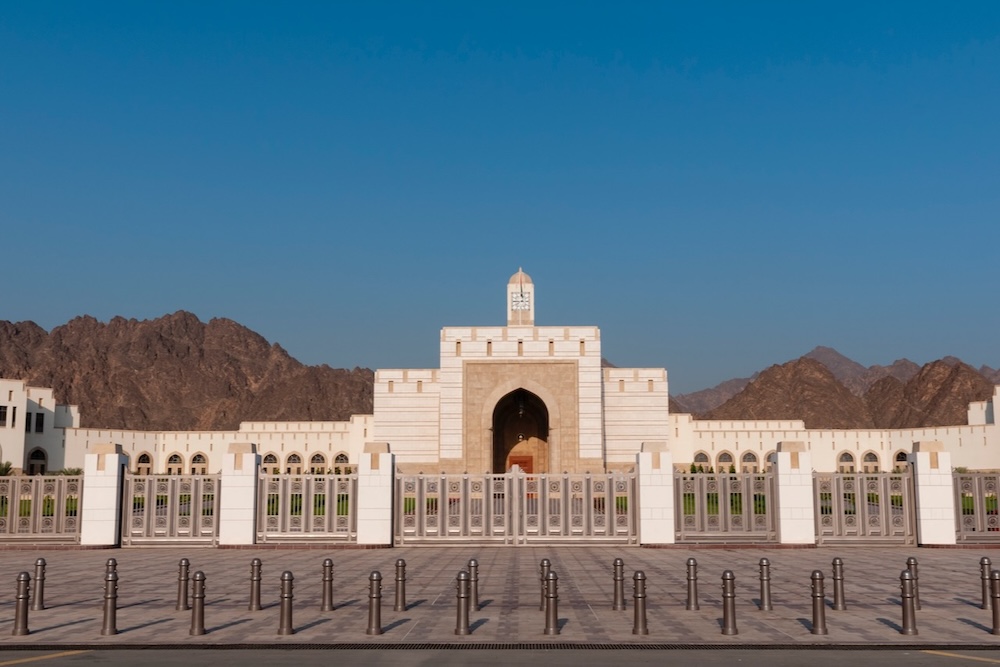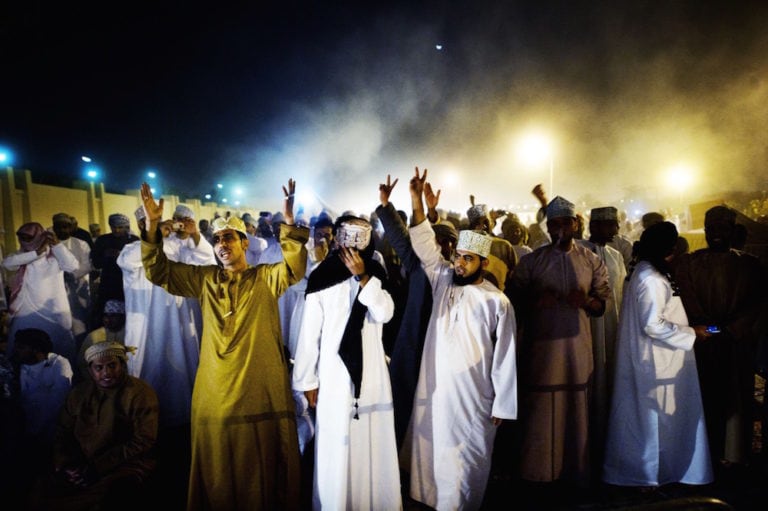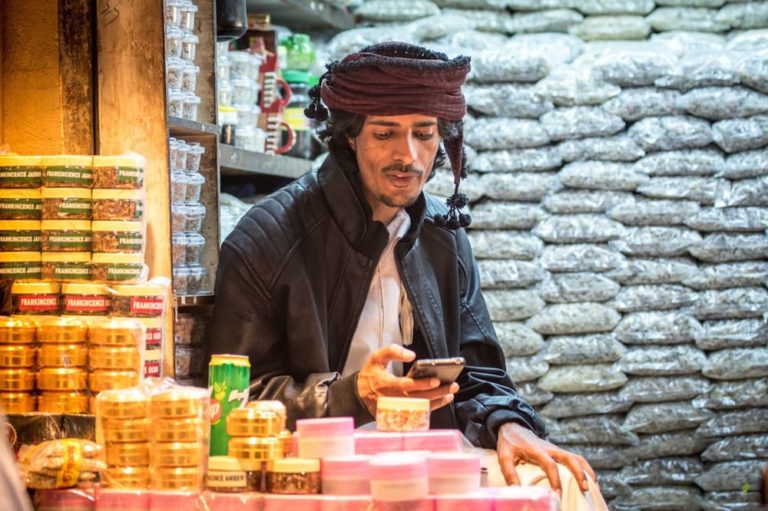The oppressive law grants authorities unprecedented control over the media, threatening independent journalism and increasing self-censorship.
This statement was originally published on gc4hr.org on 15 November 2024.
On 10 November 2024, Sultan Haitham Bin Tariq of Oman issued a royal decree promulgating a new Media Law, consisting of 60 articles. The law came into effect immediately following its date of publication.
The Gulf Centre for Human Rights (GCHR) is concerned that the new law perpetuates the systematic repression that has long been employed by the authorities to stifle dissent. It contains broad and vague terms, granting the Ministry of Information extensive authority to restrict freedom of expression for all citizens, including media professionals. Furthermore, it grants the public prosecutor and the judiciary the power to suspend media activities during both the investigation and trials, with the possibility of continuous renewal.
While article (3) ensures the right to freedom of opinion and expression, these freedoms are swiftly undermined by article (4), which, through its three clauses, cancels these rights entirely. The first clause uses broad and vague terms to prohibit the publication or broadcasting of content that goes “contrary to the regulations set by the Ministry for publishing or broadcasting advertisements, conflicts with public morals, or aims to mislead the public.”
The second clause prohibits the publication of information on ongoing investigations and trials, which contravenes the principles of transparency and public judicial proceedings. This provision could be exploited to conceal numerous corruption cases.
The third clause grants the Ministry of Information absolute authority to ban the publication of “any news, statements, information, or otherwise,” as stipulated. Article (4) can be described as a severe blow to freedom of expression in the country, consolidating the government’s absolute control over the media.
Article (6) urges those involved in the publishing industry and media to highlight the country’s comprehensive development but makes no mention of their right to criticise the government or its policies. This is further reinforced by Article (7), which “prohibits the display, promotion, sale, or circulation of publications or artistic works that include any of the publishing prohibitions stipulated in this law.” This clearly targets any peaceful practice of criticising the government or addressing corruption and advocating for civil and human rights.
Article (8) completely bans the import of books without the approval of the Ministry of Information, meaning returning travellers could face questioning if they bring books acquired during their trips.
Article (9) prohibits internet activists and citizen journalists from sharing or commenting on news through their accounts without obtaining prior approval from the Ministry.
Article (12) grants the Ministry the authority to deduct as much as it wishes from the financial guarantee provided by the licensee. The licensee is then obligated to add to the guarantee each time the Ministry decides to make a deduction at its sole discretion. This article is structured in a way that enables the Ministry to retaliate against any media outlet that takes an independent stance from the government and its positions, by refusing to act as a mouthpiece for it.
Article (15) grants the Ministry the authority to revoke any media license for any reason it deems valid. This effectively positions the Ministry as a constant threat to all media outlets, compelling them to praise the government and its achievements. This article could be easily used by the government to suppress independent media.
Article (16) grants the judiciary the final decision in cases involving the revocation of licenses or the suspension of licensed media activities. However, given the overlap of powers and the lack of an independent and impartial judiciary, the risk to independent media outlets is substantial. This repressive integration between the executive authority and the politicised judiciary became clear when the Court of First Instance issued, on 26 September 2016, a verdict to arbitrarily permanently close the only independent newspaper in the country, “Azamn”, and to imprison three of its journalists, with the full support of the government, led by the Ministry of Information.
Article (17) grants the public prosecutor or the designated court the authority to suspend media operations indefinitely during both the investigation and trials. This provision directly undermines fundamental principles of justice, including the presumption of innocence until proven guilty.
Article (19) significantly expands the scope of publishing bans, and restrictions on disseminating news and information as initially outlined in Article (4). It includes all topics prohibited under any of the country’s laws. This may create a tendency toward self-censorship, as individuals may discuss subjects forbidden by laws they are unaware of.
Chapter 7 encompasses 12 articles, comprising approximately 12% of the entire law, and is dedicated to penalties. These include prison sentences ranging from three months to three years and fines between OMR 5,000 and OMR 200,000 (approx. 12,285 to 491,350 EUR). Such penalties are excessively harsh, and the fines are exceptionally high, particularly when considering that these sanctions pertain to publishing and media-related cases.
The drafting of this oppressive law suggests that the primary objective was to criminalise journalists and online activists for their opinions. By enacting such legislation, it becomes evident that the authorities do not truly embrace the notion that creativity thrives only when public freedoms are respected.
The government’s introduction of this blatantly-repressive media law, at a time when the world is preoccupied with numerous crises, is a clear attempt to legitimise its authoritarian practices. It seeks to tighten its grip on the media, impose widespread surveillance on all citizens, including journalists, media activists, and media institutions, and control the dissemination of news, reports, and information. This poses a serious threat to fundamental rights.
Recommendations
GCHR calls for the immediate revision of all repressive provisions in this law to protect the freedom of expression and opinion in the country. It is essential to preserve public freedoms and ensure that a free press can contribute to building a bright future for all citizens, without exception.



